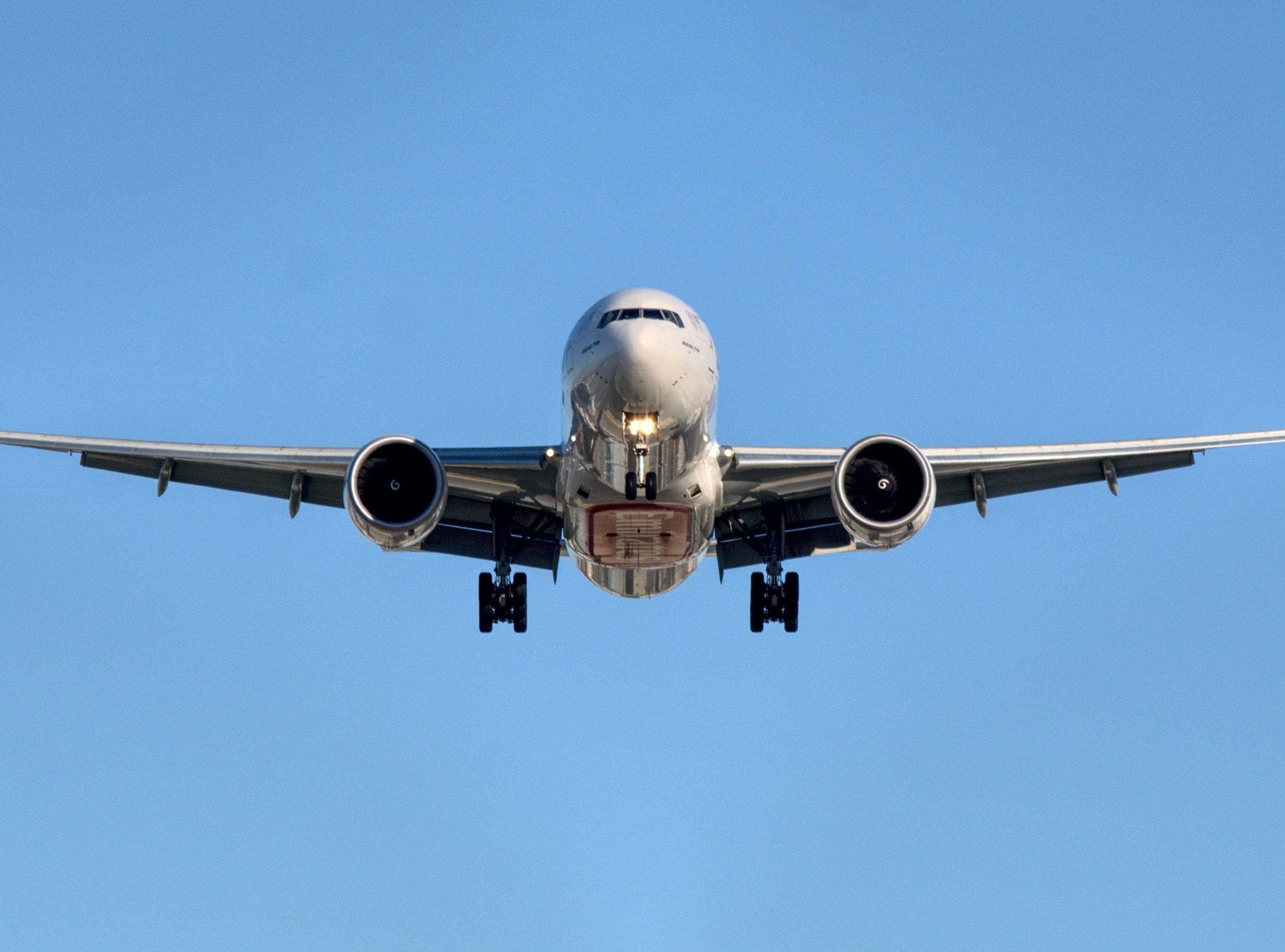Parties in American Airlines COVID-19 Refund Case Come to an Agreement
The parties in a proposed class action lawsuit against American Airlines recently reached a settlement agreement. The agreement calls for the dismissal of the case without prejudice and for both parties to pay their own fees and costs.
Updated on
Progression of the Refund Claims Against American Airlines
American Airlines faced a class action alleging breach of contract over the airline’s refusal to issue refunds to customers whose flights were canceled by COVID-19.
In November 2020, a US district court judge in Texas ruled that American Airlines must continue with the class action lawsuit. However, the court ordered arbitration between American Airlines and two individual customers who purchased their tickets through travel agencies Hotwire and Expedia.
Both Hotwire and Expedia have respective terms of use that include arbitration requirements. Although American Airlines was not a party to the relationships governed by these terms, it is a third-party beneficiary, and as such could enforce the arbitration requirements, the court held.
The claims of lead plaintiff, Lee Ward, however, could continue, the court held. The court found that Ward’s claim was not preempted by the Airline Deregulation Act of 1978.
Ward originally filed suit in April 2020, after American Airlines canceled his March 2020 return trip from Lima, Peru to Las Vegas. Ward alleges that he spent additional money out of pocket to return to the United States, only to have American Airlines refuse to refund the cost of the canceled return flight. He asked for class certification of the claim in October 2020.
The Airline Deregulation Act and COVID-19 Claims
The Airline Deregulation Act preempts state claims dealing with airline prices, routes, and services. In the 1995 case American Airlines v. Wolens, however, the US Supreme Court held that the Airline Deregulation Act does not preempt routine breach of contract claims from being heard in state court.
States may not “impose their own substantive standards with respect to rates, routes or services” in airline-related breach of contract claims, according to Wolens. They may, however, “afford relief to a party who claims and proves that an airline dishonored a term the airline itself stipulated.”
The Texas district court held that in Ward’s case, however, the plaintiff is seeking to hold American Airlines to the terms the airline itself laid out as part of the purchase of one of its tickets. The decision quotes part of American Airlines’ terms of service, which reads “If you decide not to fly because your flight was delayed or canceled, we’ll refund the remaining ticket value and any optional fees.”
American Airlines’ Conditions of Carriage state that if the airline cancels or changes a flight time by more than four hours, passengers affected by the change or cancellation can receive a full refund.
Ward’s lawsuit, however, alleges that despite the cancellation of the March 2020 Peru flight and of a subsequent May 2020 Peru flight, American Airlines did not refund the costs of those cancellations. Rather, the airline attempted to offer Ward and other passengers travel credits, rather than cash refunds. The lawsuit also alleges that American Airlines has made it difficult for customers to find refund terms or to reach customer service representatives to request a refund.
American Airlines is not the only airline facing lawsuits that allege failures or refusals to honor the terms of the airline’s own agreements regarding ticket refunds. Because these cases often deal with related claims, decisions in any one case may affect proceedings or decisions in other, related cases.
Many claims against airlines currently focus on breach of contract, alleging that the airline failed to honor its own agreement to refund ticket prices for canceled flights. The ruling in the recent American Airlines case may result in more airlines dealing with state-level claims regarding breach of contract, as well as federal-level claims on related issues.


